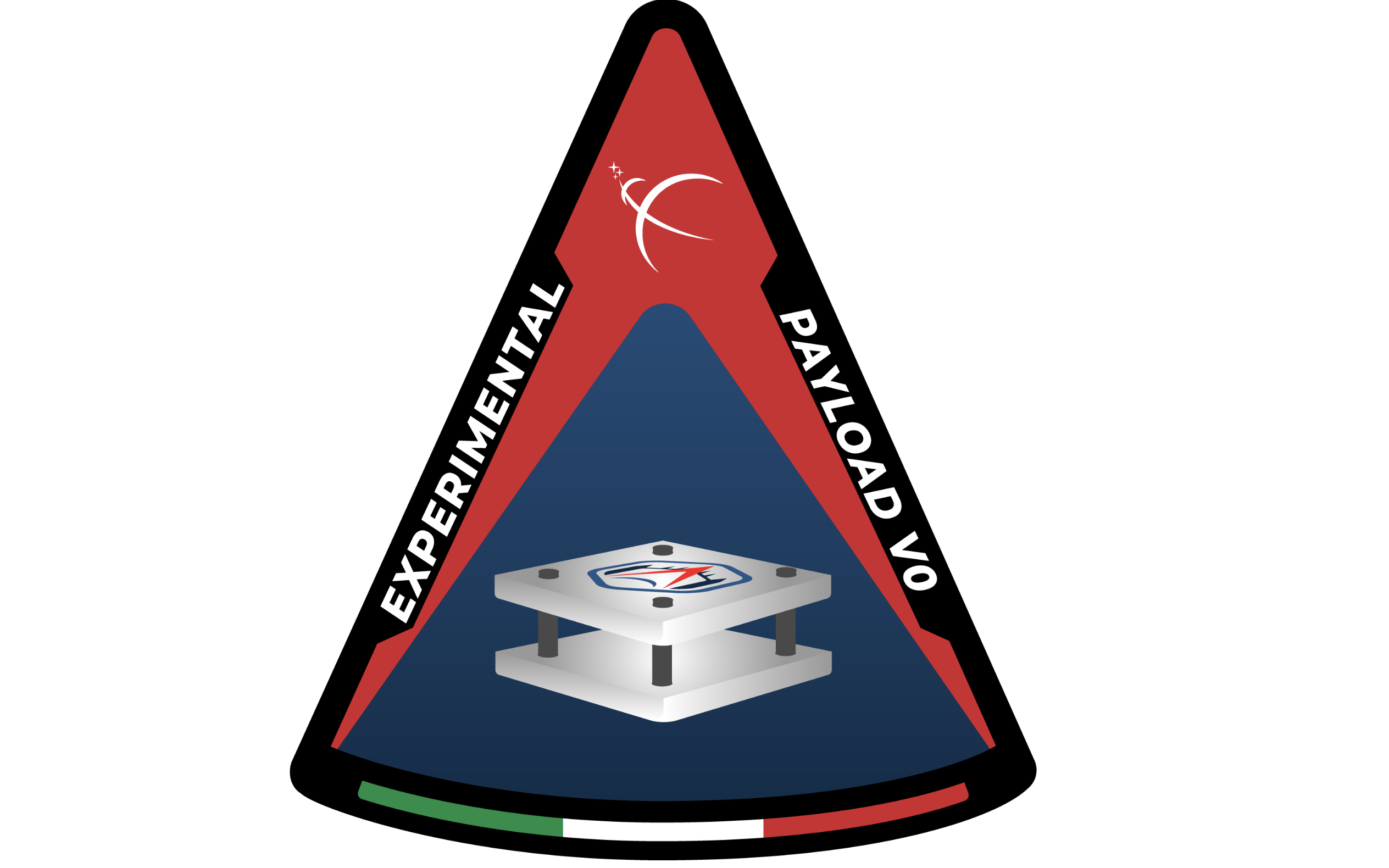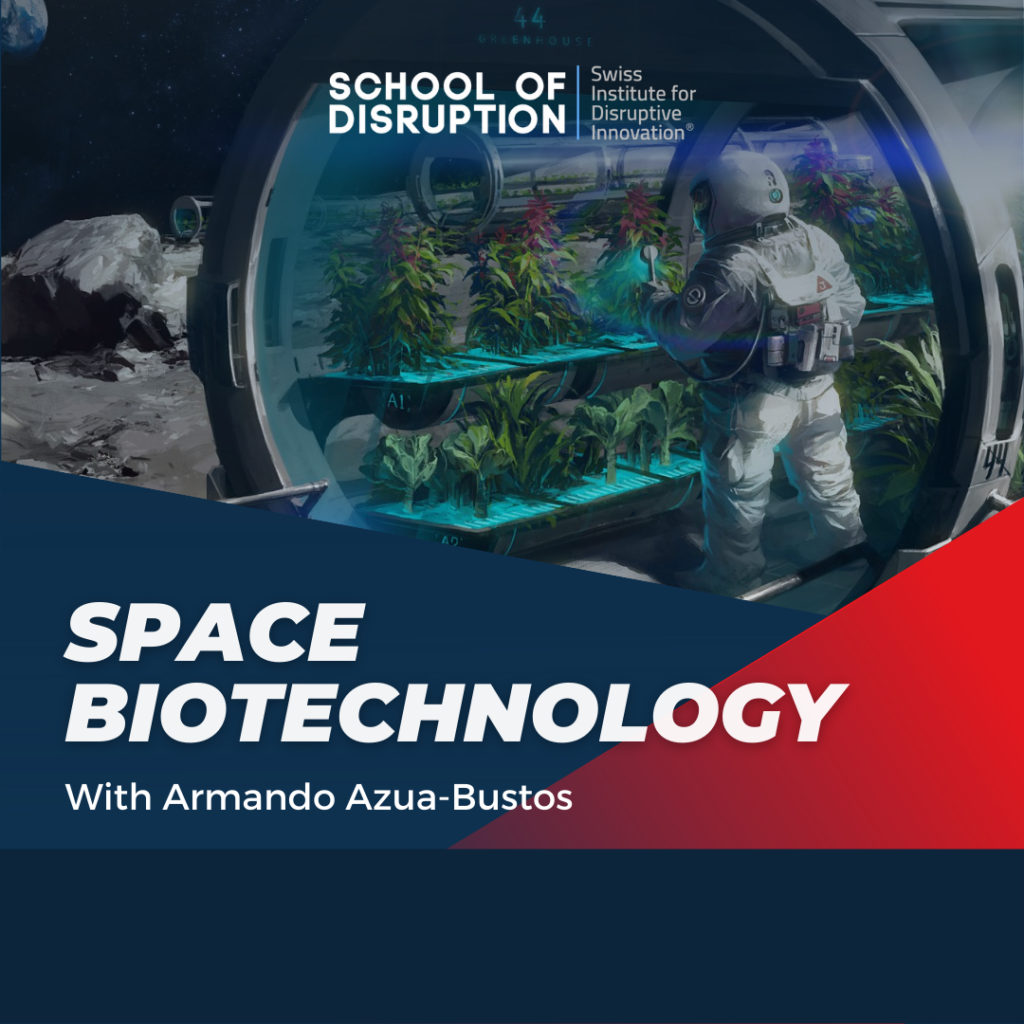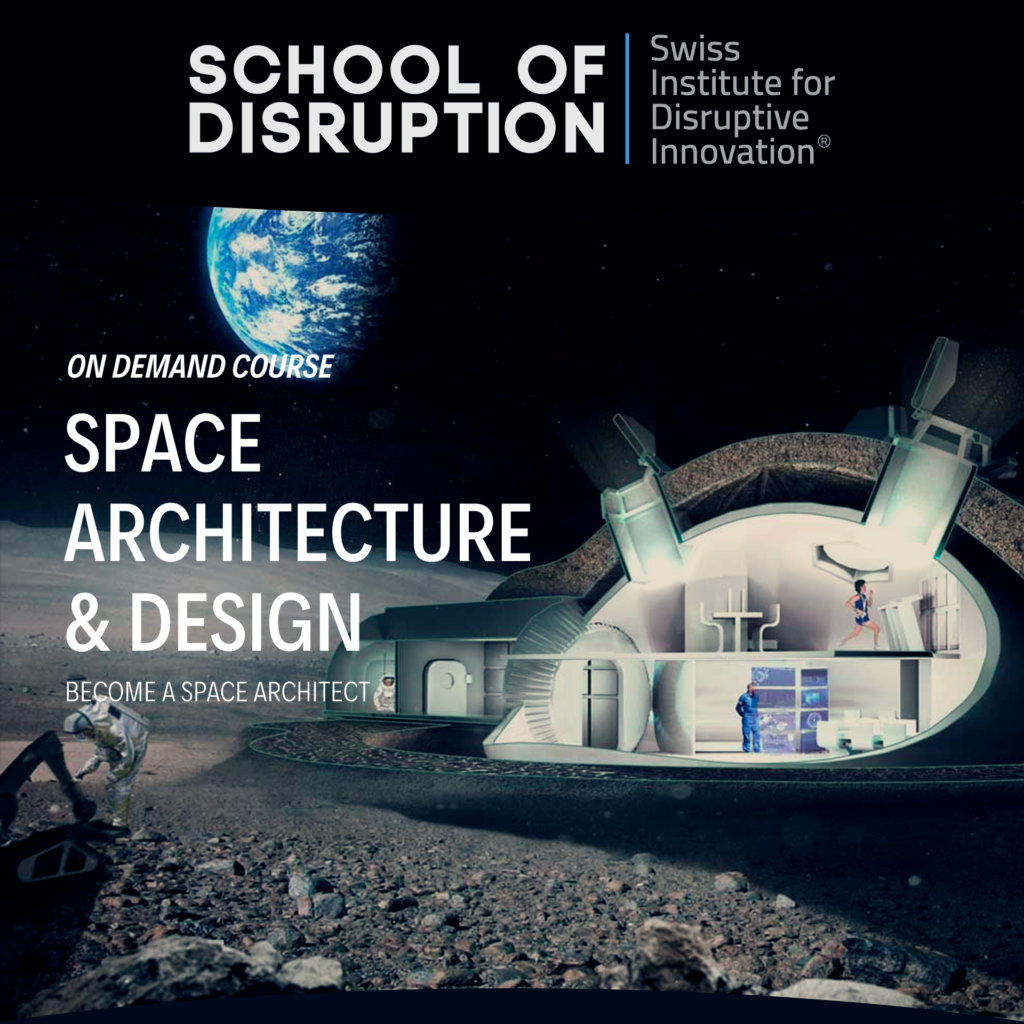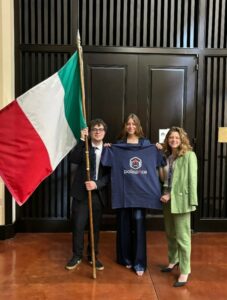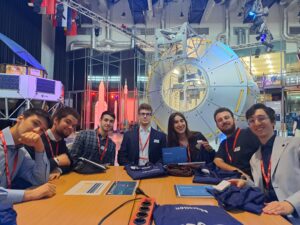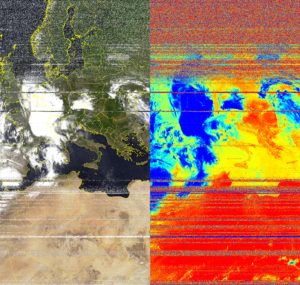Born out of necessity, grown with strength. This is EPv0, a Polispace story.
Have you ever met someone so brilliant that you want to be part of their idea, their goal?
This is what brought the EPv0 project to life when Sidereus and Polispace connected during the 2021 IAC conference.
Sometimes it’s a spark, sometimes it’s work, sometimes it’s a common idea of future: in our case it’s all of that.
Everything starts with an idea…
Sidereus Space Dynamics is an Italian startup: their goal is to develop the first single-stage-to-orbit rocket, which has incredible advantages but also engineering difficulties.
These rockets do not use expending parts in their trip to space, meaning that during their voyage the weight of the structure remains the same, while the amount of fuel progressively decreases. Importantly, these rockets are reusable, which has commercial advantages because the cost of bringing a payload on orbit becomes much more affordable for clients.
This is a huge innovation in the space industry, and every single piece of work is fundamental to achieve it. This is where Polispace makes their appearance.
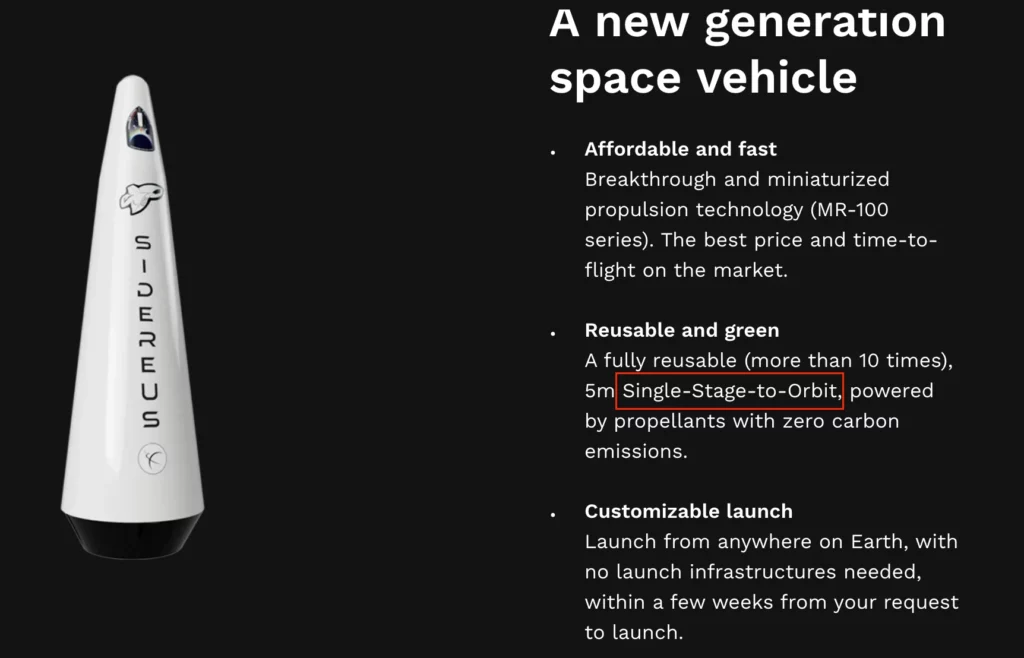
The request: 2021-2022
Sidereus asked Polispace to create a payload container able to safely transport a client-customized payload to orbit and to catch some variables during the trip such as speed, pressure, and temperature.
Since 2021 a team of aerospace, electronics and informatics students has been working on this project. Their aim was to achieve the best structure in terms of safety and weight, as well as the most accurate controlling system.
How does it work?
The idea was to create a container which interacts with the environment thanks to some detectors linked by a board computer: an Arduino nano programmed in C++.
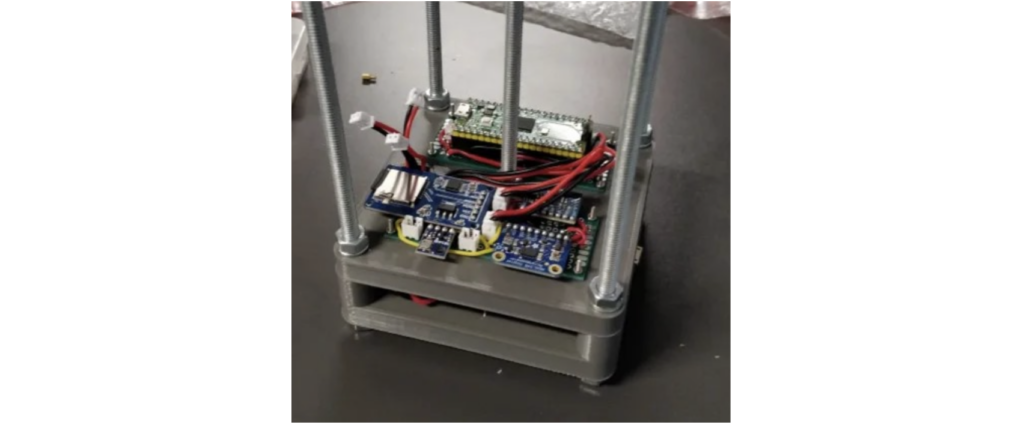
But it hasn’t been easy
When the project started the group was made of two different teams: the structural team and the electronic one, working on the connection between the detectors, the structure, the environment, and the control board on Earth. The team was then completed by an informatic student working specifically on the container’s code.
Between COVID and wars, degrees and Erasmus leaves, the team changed, causing some difficulties such as the necessity of completely changing the code during the process.
In 2022 the project seemed concluded. But during a meeting with Sidereus, a loyal ally, the company’s team leaders asked if the code could have a Wi-Fi connection to collect other data.
With that change, the sensors suddenly turned off, leaving the team with a structure and a code, but nothing working.
The dark era: 2022
The team was disheartened, damaged, and the work done until that point seemed wrong. For months the group thought about a way to fix the problem, without much progress.
That is when you must stay focused, when you understand that something needs to change.
New life: 2023
New year, new life. At the beginning of 2023, the project, at its low, started gearing up: new team members, new sensors, new ideas. Since then, the project has expanded, also thanks to Sidereus’ suggestions and collaboration. Now the Polispace team can collect data about temperature, time, pressure, speed, acceleration, and weather conditions, thanks to the Wi-Fi connection that they were finally able to improve. Moreover, as Sidereus and Polispace love to dream big, they are adding a microphone to measure sound pressure.
The Latin phrase “per aspera ad astra” (through hardship to the stars) has never been more appropriate.
Every difficulty led to this moment. The EPv0 project is almost at its conclusion, with just a few arrangements and tests left in the next few months.
Then, we are ready to launch!

